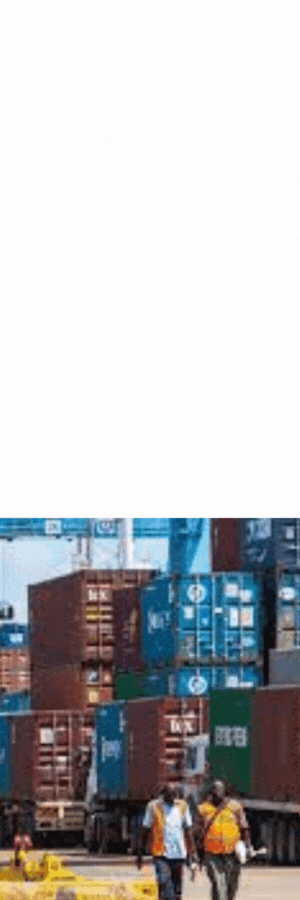In a critical development today, a federal judge in Massachusetts issued a preliminary injunction blocking broad portions of President Donald Trump’s March executive order aimed at reshaping the federal election landscape.
Background & Scope
Signed on March 25, 2025, the executive order—one of the most extensive election directives ever issued—teamed with legislation (like the proposed SAVE Act) to mandate documentary proof of citizenship for federal voter registration, limit counting of mail ballots to those physically received by Election Day, and suspend federal funding to non-compliant states.
A coalition of 19 Democratic attorneys general—led by California’s Rob Bonta and New York’s Letitia James—challenged the order, arguing that it infringed on states’ constitutional prerogatives and sought to alter election law without Congress’s intervention.
Key Injunction Highlights
Judge Denise J. Casper prevented enforcement of central parts of the order, including:
1. Documentary proof-of-citizenship prerequisites.
2. Citizenship verification via public-assistance agencies.
3. New restrictions on military and overseas voters.
4. Ban on curing minor ballot mistakes.
5. Federal retaliation against states that count timely mailed ballots.
She argued that such sweeping new requirements rest on executive authority that has never been delegated, and that enforcing them would impose heavy logistical and financial burdens, potentially disenfranchising voters lacking immediate proof of citizenship.
Constitutional Reasoning
Casper emphasized that only Congress—not the White House—may set election rules, in accordance with the Constitution. The executive order, she stated, conflicts with statutes like the National Voter Registration Act and violates the principle that states regulate the “time, place and manner” of elections.
Reactions & Consequences
State AGs celebrated the decision, warning that unchecked executive power threatens voting rights. The White House responded, stating the administration would continue advocating for what it regards as necessary election integrity measures. Tomorrow’s legal proceedings could include appeals in higher courts—possibly reaching the Supreme Court to set a final precedent.











